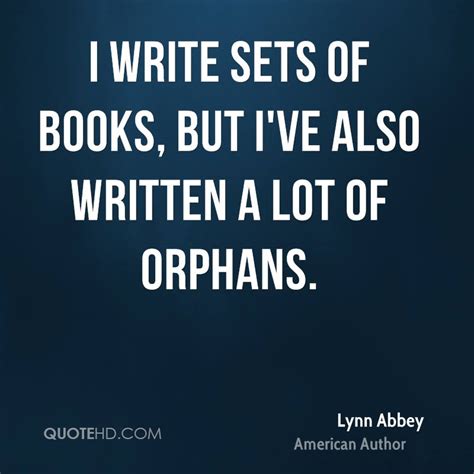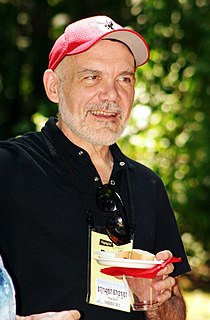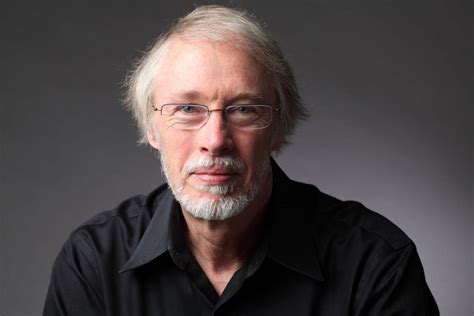A Quote by Laura van den Berg
With both novels and short stories, I think a lot in terms of character arcs, when it comes to endings.
Related Quotes
I'm one of those writers who started off writing novels and came to writing short stories later, partly because I didn't have the right ideas, partly because I think that short stories are more difficult. I think learning to write short stories also made me attracted toward a paring down of the novel form.
I still read romance, and I read suspense. I read them both. And part of it is, I like stories with strong characters, and I like stories where there's closure at the end. And I like stories where there's hope. That's a kind of empowerment. I think romance novels are very empowering, and I think suspense novels are, too.






































